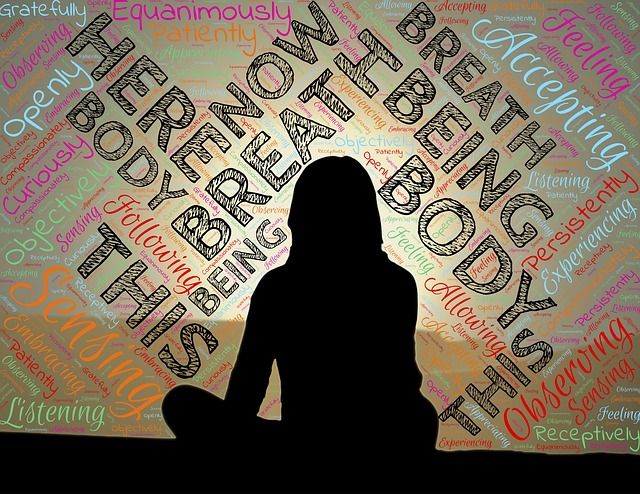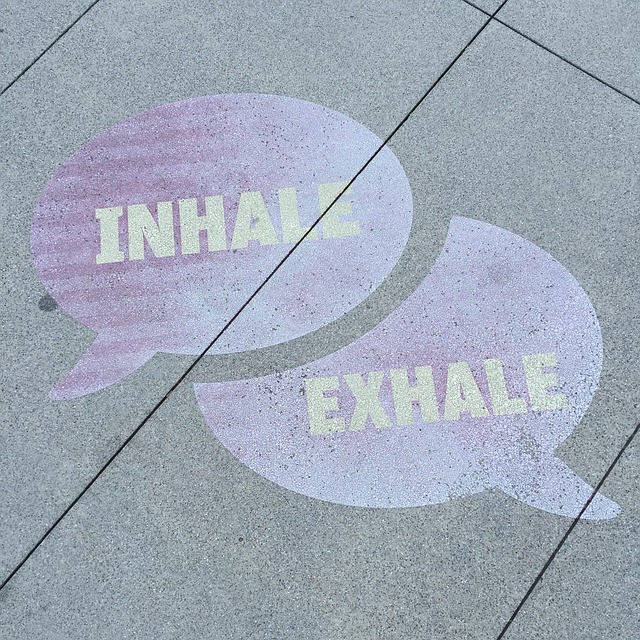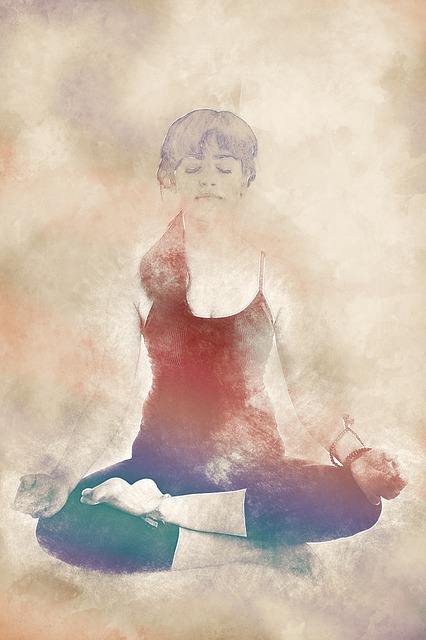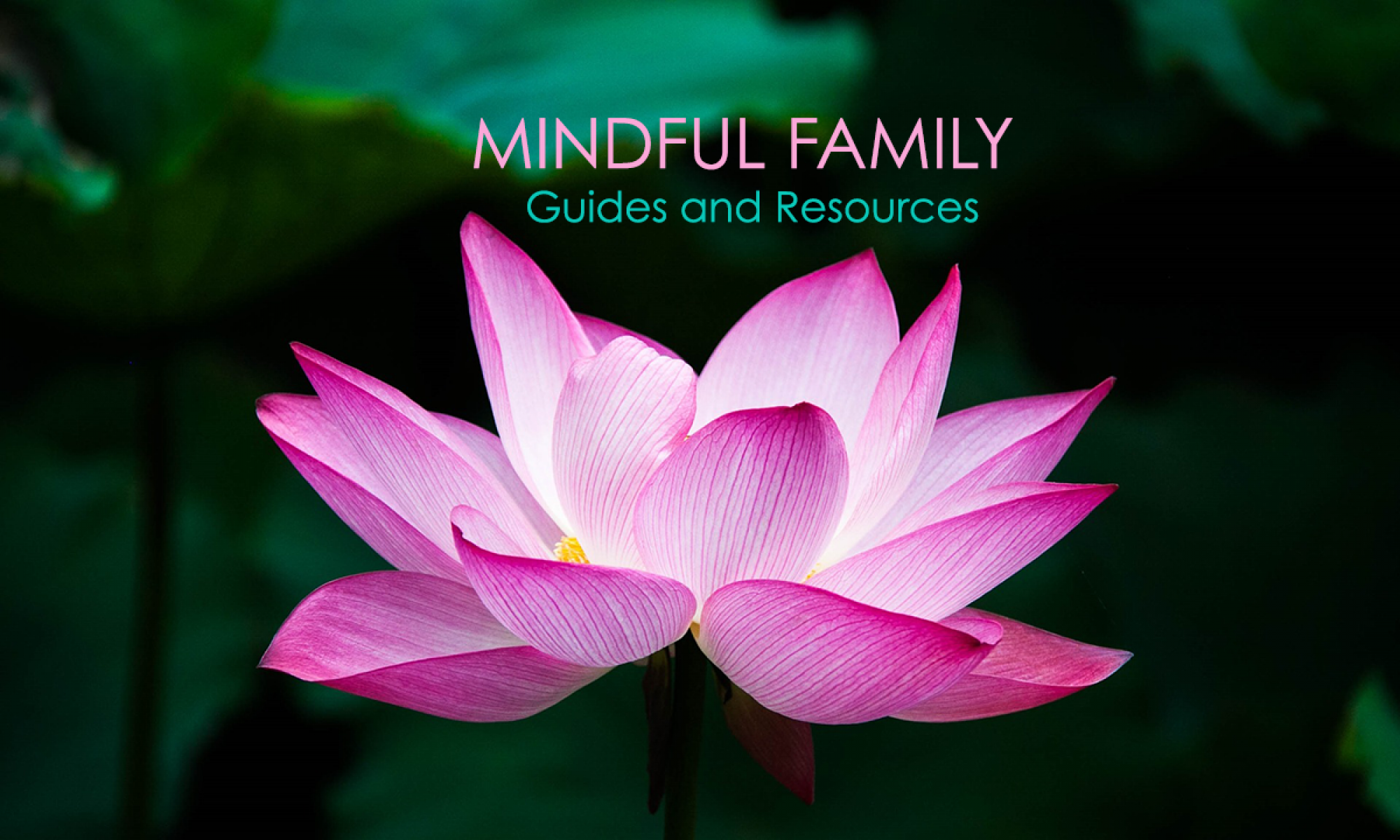by Renee Belgrave
Making the decision whether or not to have children is a very difficult one for women. Societal pressure has women feeling “not normal” or “unfulfilled” if they choose not to have children. Girls are often taught at a young age that a woman will meet her ideal partner and get married, so that they can have 2.5 children, a dog, and a house with a white picket fence. But a lot of women are turning down this ideal to have lives that are focused on career development, travel-adventures, and child-free responsibilities. Some women are deciding that having a baby in this economy does not make any sense, or may loathe the idea of being responsible for another human for 18+ years. Many women go back and forth in their decision to have or not have children, which may create an emotional or moral conflict within themself that might last for years or until it is too late to physically bear children.

Many women have career goals that could be affected by child bearing, or in the midst of established careers feel their “mothering instinct” kick in. This dilemma is increasingly felt in the late thirties and beyond as women feel the tick of their “biological clock”. How can a woman make this incredibly complicated decision and feel confident in their reasoning? Mindfulness is a tool that can help women tap into their thoughts and emotions in a more objective way, resulting in more confident decision-making.
What Is Mindfulness?
Mindfulness is an awareness that arises when someone intentionally attends to the present moment in an open and discerning way (Shapiro, Jazaieri, & Goldin, 2012). Mindfulness involves awareness of what is arising without changing the experience, but rather how you relate to the experience. People who are more mindful have a heightened awareness of their behaviors and routines, and factors that influence their behaviors; therefore, they have the greater ability to start or stop a behavior that does not benefit them (Black, Sussman, Johnson, & Milam, 2012).

Mindfulness can strengthen your ability to stay focused while decision-making in the present moment. Without the capacity to pay attention to your thoughts, feelings, intentions, and actions, or a thorough review of your desires and goals, it can be hard to have a true understanding of what our higher purpose is (whether to be a mother or not), and how to reach self-actualization (Perlman, 2017). In order to make the right decisions for yourself, you need to understand your priority goals and intentions. Mindfulness allows you to shift from a subjective, personal perspective to a more objective one, allowing you to see the situation with greater clarity and objectivity (Shapiro et.al., 2012).

When using mindfulness, you might experience uncomfortable feelings, but it is important to tune into those in order to understand where they are coming from and whether those feelings serve you (Perlman, 2017). People who are mindful appear to have less interpersonal stressors, and are better communicators, making it easier to manage critical feedback on their decisions (Reynolds, Lin, Zhou, & Consedine, 2014).
3 Simple Exercises for Developing Mindfulness
How can the concept of mindfulness be applied when making a major decision such as having children? Like any skill, mindfulness takes practice and a bit of help to move in the right direction. Here are three simple mindfulness exercises that can help you focus on the present moment:
Mindful Breathing
(Adapted from developgoodhabits.com)
This exercise can be done standing up or sitting down, and pretty much anywhere at any time. All you have to do is be still and focus on your breath for just one minute.
- Start by breathing in and out slowly. One breath cycle should last for approximately 6 seconds.
- Breathe in through your nose and out through your mouth, letting your breath flow effortlessly in and out of your body.

- Purposefully watch your breath, focusing your sense of awareness on its pathway as it enters your body and fills you.
- Then watch with your awareness as your breath works its way up and out of your mouth and its energy dissipates into the world.
Write in a Journal
(Adapted from developgoodhabits.com)
After you have completed some mindful breathing, or first thing in the morning, write three pages of long hand, consciousness writing in a journal for about ten minutes. It can be about anything that crosses your mind, and there is no “right” or “wrong” way to do this. This style of journaling helps provoke, clarify, comfort, prioritize, and synchronize your thoughts and emotions, and minimizes endless mental chatter that may be distracting you from making a clear decision.

Do a Mindful Body Scan
(Adapted from developgoodhabits.com)
The simplest way to get in touch with how you are feeling is to do a mindful body scan. A body scan is a meditative practice in which you focus on each part of your body, every area, often beginning at the toes and moving methodically up to your head. The key here is to train your attention to focus on each specific body part for a moment and pay close attention to how you feel, then move on.

These three techniques are just a sample of mindfulness exercises that will help you process and clarify your decision. When deciding whether or not to have children, it is important to practice mindfulness to understand your own goals and purpose, and utne into discomfort to determine whether it serves you in your decision and if it is in the best interest of your goals and life purpose (Perlman, 2017).

Using Mindfulness when deciding on having Children Video
Video created by
Renee Belgrave
2:25 mins, November 2018
Mindful Resources
Childfree Reflections

This is a blog by Marcia Drut-Davis who writes to educate, support, inspire, and facilitate honest communication about the decision of choosing not to have child.
URL: http://www.childfreereflections.com/
The Hardest Thing About Deciding Not To Have Children

This blog post is about the fears and pressures of having a child when you unconsciously do not want children. “When it came time to try for a baby, something in me baulked. I knew that it was normal to experience a degree of anxiety when confronted with major life changes, but this felt different.”
Mindfulness: the Art of Being in the Present

This blog post discusses ways to integrate mindfulness into your daily life. “In the first half hour of when I wake up each morning, I’m mindful of how I’m feeling physically and emotionally. Doing this without judgment helps my entire day flow much more easily.”
URL: https://www.simplemindfulness.com/mindfulness-the-art-of-being-in-the-present-moment/
Simple Mindfulness Resources

When you sign up for their mailing list, you receive access to free mindfulness tools on various topics. Paige Oldham offers her library of free resources, like e-books, templates, and worksheets, that will help you learn more about mindfulness, find your happiness, and make better decisions, among other things.
URL: https://www.simplemindfulness.com/free-resources-2/
Mindful-30s

This blog is written by Paulina, who shares her experiences with mindfulness, spirituality, and more. “My name is Paulina and I am the creator of Mindful-30s. It is a page for anyone looking to live a more mindful life, no matter what your age.”
References
Black, D.S., Sussman, S., Johnson, C.A., & Milam, J. (2012). Trait mindfulness helps shield decision-making from translating into health-risk behavior. Journal of Adolescent Health, 51(2012), p. 588-592
Develop Good Habits. (n.d.) 71 mindfulness exercises for living in the present moment.Retrieved from https://www.developgoodhabits.com/mindfulness-exercises/
Perlman, A. (2017). Informed mindfulness and the art of decision making. Explore ,13(2), p.143-144
Reynolds, L.M., Lin, Y.S., Zhou, E., & Consedine, N.S. (2014). Does a brief state mindfulness moderate disgust-driven social avoidance and decision-making? An experimental investigation. Journal of Behavioral Medicine,2015(38), p.98-109
Shapiro, S.L. , Jazaieri, H., & Goldin, P.R., (2012) Mindfulness- based stress reduction effects on moral reasoning and decision making. The Journal of Positive Psychology, 7(6), p. 504-515, DOI: 10.1080/17439760.2012.723732

